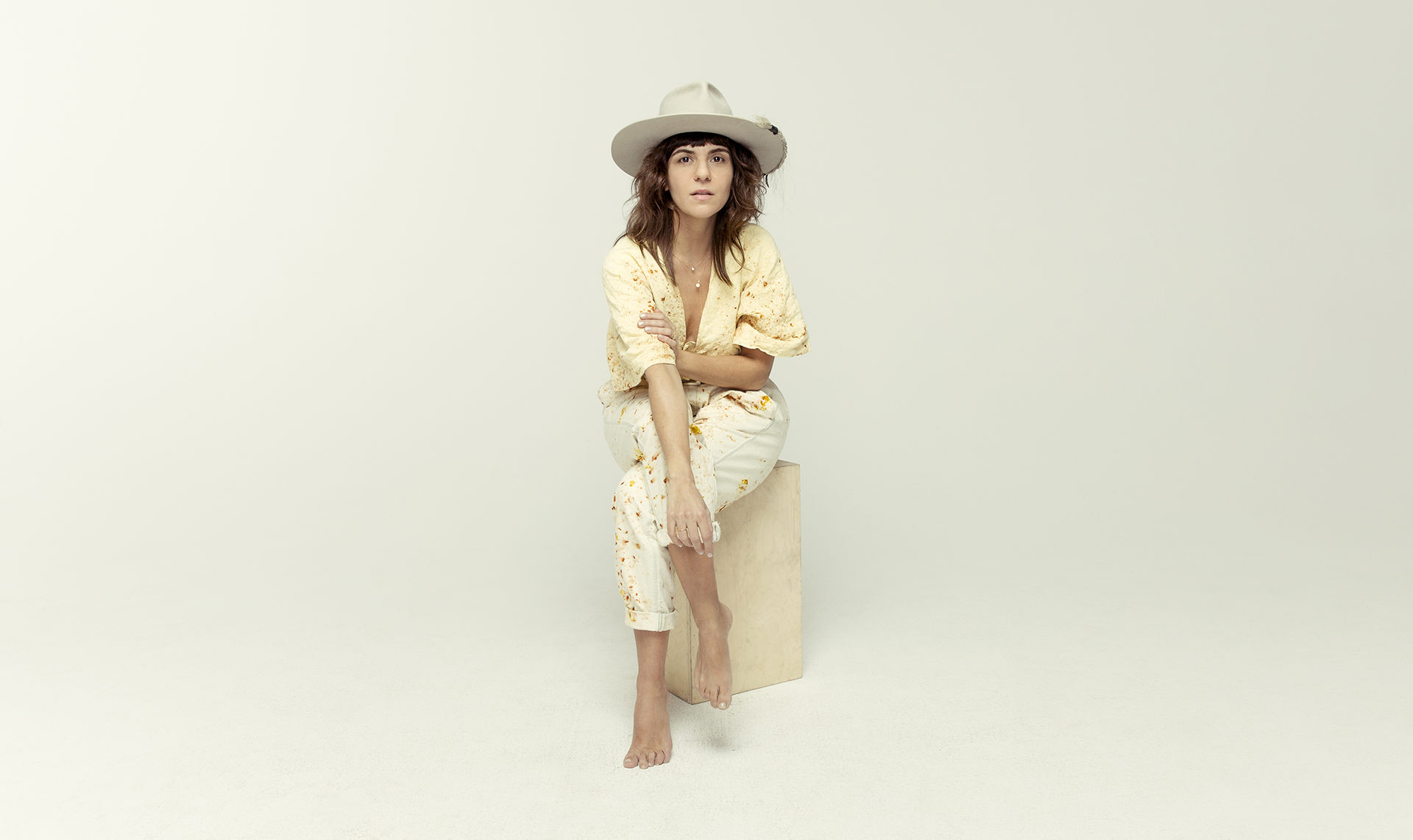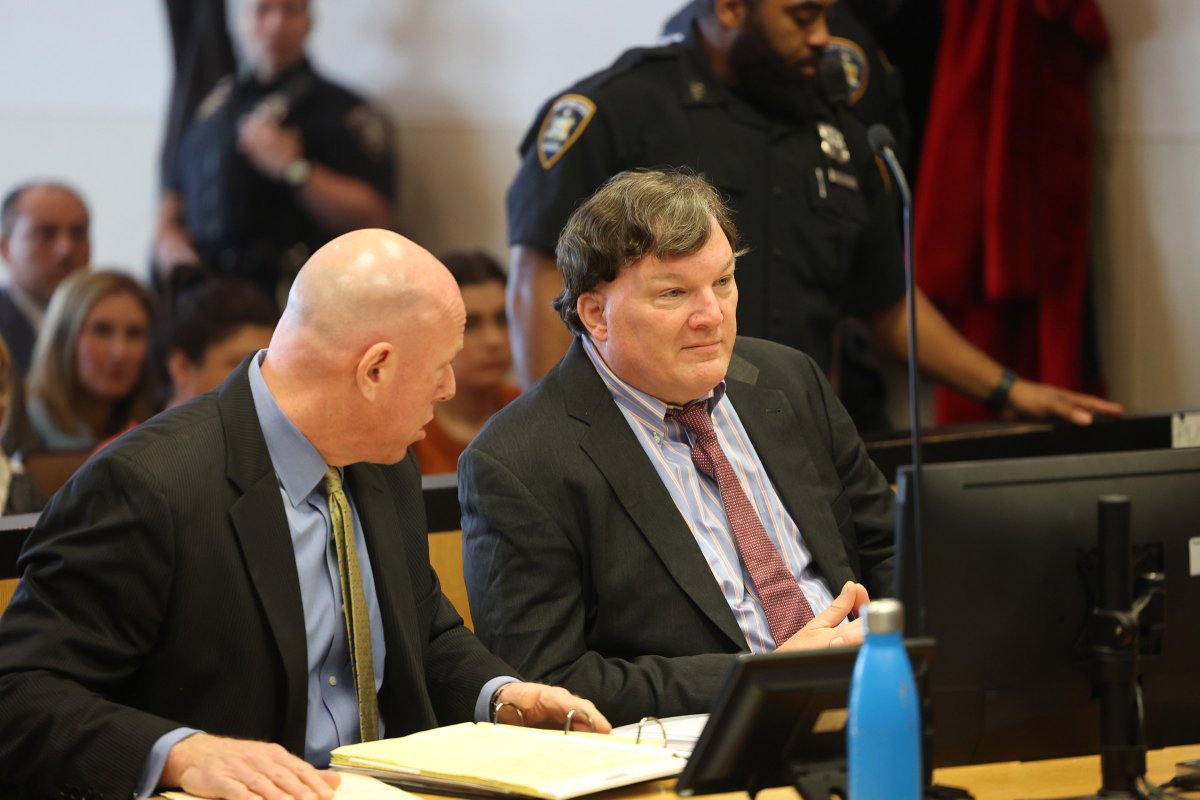Please, Just Sit There

“Don’t Just Sit There: 44 Insights to Get Your Meditation Practice Off the Cushion and Into the Real World,” is a book by Biet Simkin. As I prefer to call it, it’s “The Meditation Book for People Who Mock Meditation Books.”
I discovered the celebrity meditation leader last summer when she held a group session at Urban Zen in Sag Harbor. At the time, I had no idea who she was. I joined the practice out of simple curiosity, rather than a desire to meditate — call it journalistic intuition. A group of women, and a few men, filled the room as Simkin guided us through stages of crying, yelling, stomping our feet, periods of total silence, and eye-gazing. It was emotionally exhausting, and liberating. Just like that, my perception of meditative practices shifted entirely.
Months later, I read Simkin’s book. It was as though I heard a crack in my universe. For the first time, I was being told that meditation was about getting off my ass and making physical changes to achieve a higher state of being. This former rebel chick from Queens’ practice, which focuses as much on outward habits as inward ones, instantly became relatable.
Chapter by chapter, Simkin’s words echoed in my mind as I journaled my way through. When it comes to meditation, she essentially advises readers to shift gears rather than going into a neutral state. Her book acted as a roadmap to my personal development journey, pointing out the signs but leaving it up to me to read them.
Since we’re all enduring perhaps one of the greatest changes in our lifetimes, I reached out to Simkin for her take on the COVID-19 pandemic, and how she’s adapting.
Perception is such a big part of handling change. What’s your pandemic perception?
It’s a strange time. For those of us not on the front lines and not [sick] in the hospital, we’re in a prison or monastery right now. That’s kind of what it feels like.
If someone asked me if I’d like to go to prison for two years, I would have definitely said no, but I’m benefitting greatly from it. [In the book] my “law of payment” says we are currently paying for something. Who we walk out of this as in two years is the person that we’ve been trying to become. How can we use this time to truly allow ourselves to be made?
It almost sounds like you’re enjoying this time.
I don’t like it, I just want to say that. Some people are like, ‘I love this quarantine. I can really hear the birds chirping and the Earth healing.’ And I get it, but also there are a lot of freedoms that have been taken from us. I got an email from SoHo House and I missed when I could go and see people.
My ideal spiritual awakening is meant to be while shopping at Barneys or while lying on the rooftop of the Petite Hermitage in LA. But you can’t do any of that right now, so this is a much less glamorous version of my fourth way practice.
So how has your practice changed?
I’ve made a commitment to not complain while this is happening. That’s not to say I don’t cry or get in bad moods or sad or angry. All of that happens, but complaining is a very specific recipe. It’s literally saying ‘I wish things were this way but they’re not, so I’m annoyed.’ That, I’m not doing, and that’s been really helpful. Take this as a complaint diet.
How do you cope with those sad moments you mentioned?
When a caterpillar turns into a butterfly, there’s a period when it totally melts down into soup and is then transformed. I feel very much like we are being melted down. I often also repeat the mantra: ‘I am being worked on’ right now.
For some of us, especially those of us on a spiritual pursuit, we want to be in this spiritual place all the time. Sometimes we forget that it’s not easy to work on us when we’re in that position. Just like an artist needs to manipulate its medium, sometimes it needs to be changed. I am not clear with how the universe will make me useful. But the truth is that I’ve been quite useful to the divine just like this — a weird, broken human.
Your vision is relatable. How do you view your own practice?
It is the rebel’s guide to meditation. My meditation and spiritual practice is not about giving up your desires or your belongings. That’s the interesting thing about fourth way — it’s enlightenment under the conditions in which you are. So, if the conditions change or worsen, your work is still the same.
For more information about Simkin and her book, visit www.bietsimkin.com.



